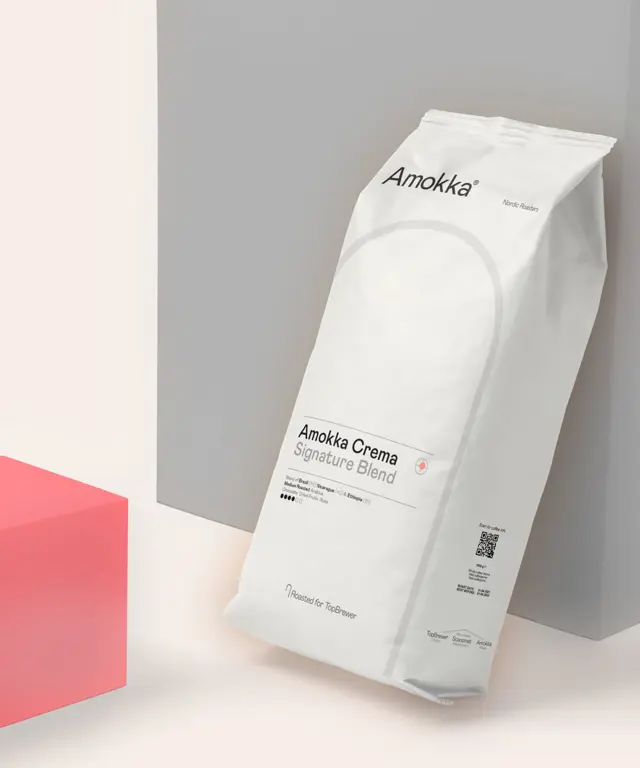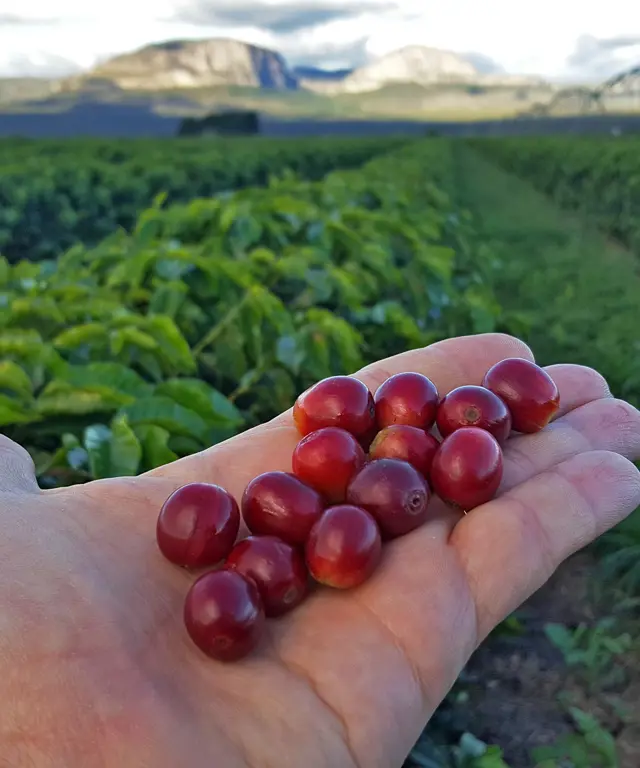The rise and rise of speciality coffee
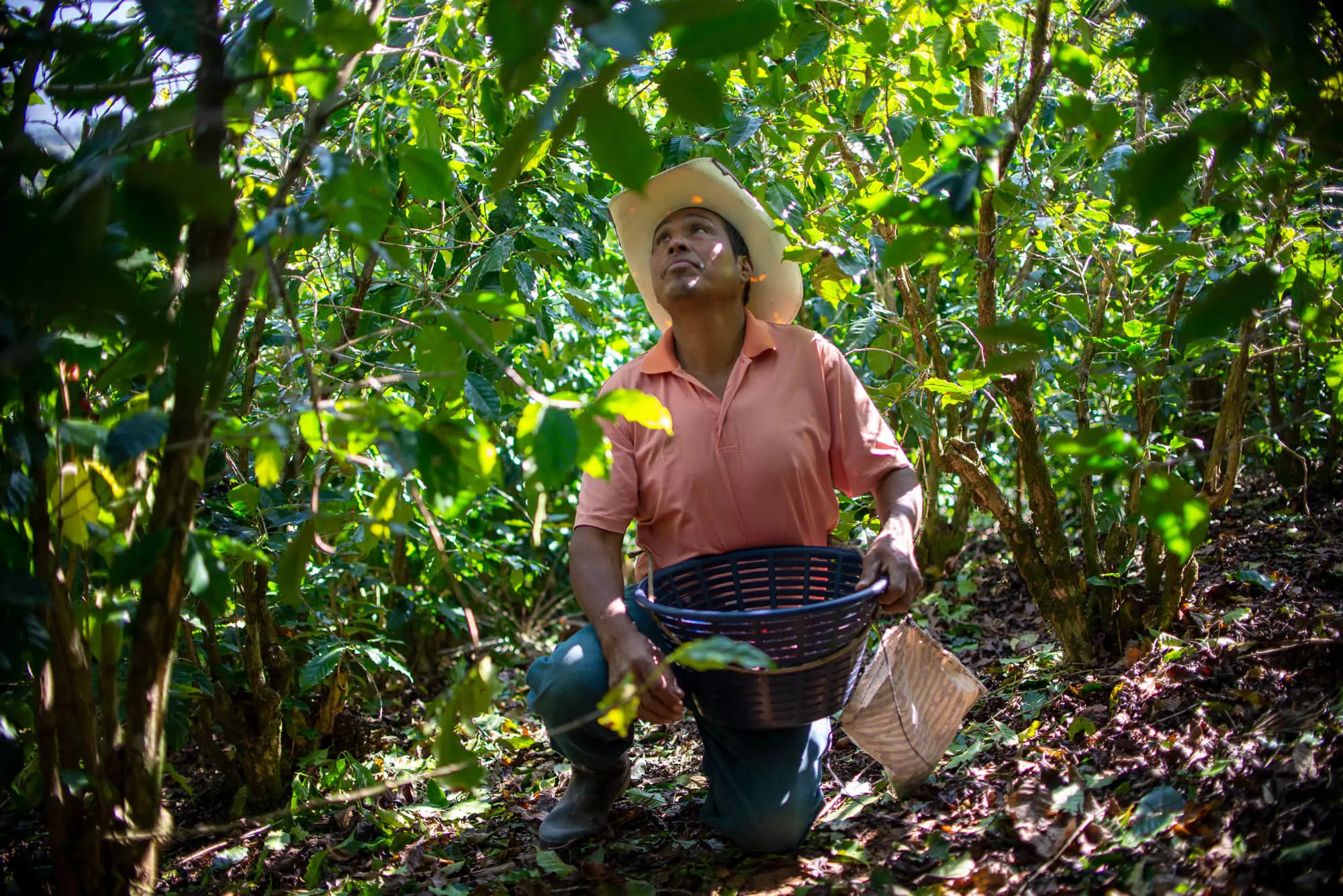
Speciality Coffee
By far the most interesting and exciting coffee segment of the moment is speciality coffee (also referred to as “specialty” coffee).
Speciality coffee is seeing rapid expansion in the UK, and across the globe, as consumers continue to seek out the best quality coffee to enjoy in and out of home.
The phrase “specialty coffee” first popped up in the media in the seventies when Erna Knutsen referred to coffee beans with the best flavour and growing conditions in an edition of ‘Tea & Coffee Trade Journal’
In today’s market, speciality coffee has become an intricate science and a global phenomenon that is seeing rapid growth across all sectors.
When it comes to coffee quality, speciality coffee is the ‘cream of the crop’ and is likened to fine wines due to its distinctive characteristics and delicious flavour that can only be achieved under certain growing conditions.
The rise in speciality coffee culture is widely attributed to a growing number of artisan roasters and specialist independent coffee shops that are reinvigorating the coffee scene and leading the way into the fourth wave of coffee culture, bringing with them an exciting range of single origin and micro-lot coffees that are batch roasted for optimum flavour.
According to a recent Allegra Strategies report looking into the “Future of Coffee”, the speciality coffee segment is expected to see 13% year-on-year growth, outperforming the 10% growth predicted for the UK coffee market as a whole. The same report suggests that the market for speciality coffee will increase by 100% by 2020. Now that is some serious growth by any standards!

Coffee cherries ready to be picked
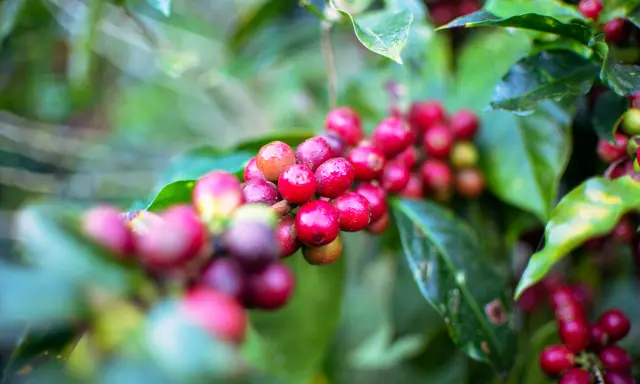
Growing & Grading
Growing and Processing
Speciality coffee needs to be grown under the best possible conditions, with a number of factors having an impact on the quality of the coffee, e.g. altitude, soil and climate. Each stage of the process needs to be carefully planned to ensure that the quality of the coffee is not jeopardised in any way. Selective hand-picking of the beans is the best way to ensure that the beans are picked at their optimum ripeness. The fermentation process is another crucial factor which can have an effect on the overall taste profile of the coffee.
Coffee grading
The SCAA’s (Speciality Coffee Association of America) unique scoring system is used to grade coffee from 1-100. When a coffee is graded at 80 points or above it is classed as speciality coffee. During the grading process, the coffee goes through rigorous visual and taste tests to check the quality of the beans. The green coffee beans undergo a visual inspection to check for primary and secondary defects. To achieve speciality coffee status, the coffee must have no primary defects and very few secondary defects. The coffee’s attributes are then graded by trained coffee experts who grade the taste profile of the coffee according to the SCAA scale in a special, controlled process known as ‘cupping’.
Roasting for freshness
The coffee roaster plays an equally important part in the process, ensuring that the coffee reaches its peak and optimum flavour during the roasting process. According to coffee experts, it is best to roast coffee as close as possible to the harvest time and consume it within a short timeframe. Speciality roasters batch roast the coffee so that it is as fresh as possible when it reaches the customer.
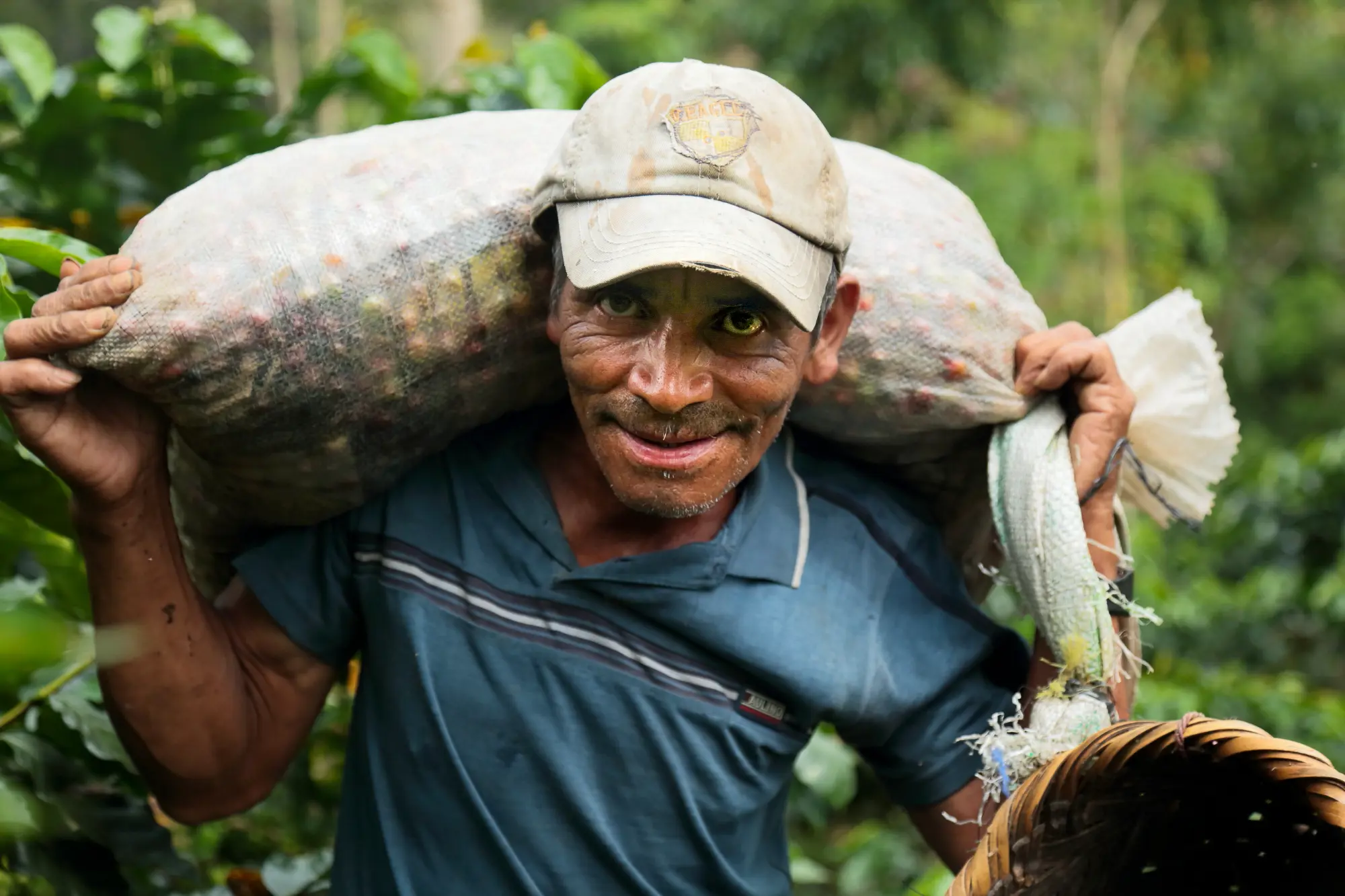
Transparency
Transparency and availability
In most cases, speciality coffee can be traced back to every stage of the process, right back to its origin, and even to the exact farm or co-operative where the coffee was grown. This level of detail is becoming increasingly important to knowledgable coffee consumers who want to know the intricacies of the coffee growing process and where their coffee has come from.
Most coffee growing regions produce a small amount of speciality coffee each year, but there have been a number of new regions that have the right conditions and knowledge to grow this elite crop. As speciality coffees rely on the very best of the harvest, availability can be limited. Some speciality beans are available in very low quantities, compared to regular coffee which is produced on a mass-market scale to meet demand.
A global phenomenon
A global phenomenon
An estimated 2.2 billion cups of coffee were reportedly drunk in UK coffee shops last year alone according to Allegra’s Project Cafe2016 report, and according to stats from the International Coffee Organisation, the UK are not alone in their quest for premium quality coffees. Export of the more highly regarded arabica coffee beans increased from 68.97 million bags to 70.24 million bags last year, whereas the amount of exported robusta coffee dropped by 8.5%.
At Scanomat we are very proud to offer speciality grade Amokka coffees that we source and roast ourselves under special conditions.

Speciality TopBrewer Coffee
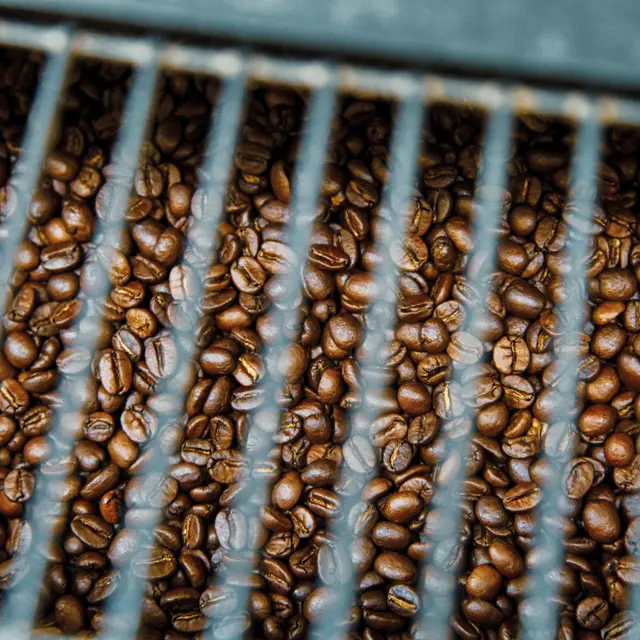
Let us help to elevate your coffee experience
Find out how the stylish and sustainable TopBrewer is the right choice for your business. Fill in your details and one of our team will be in touch.

